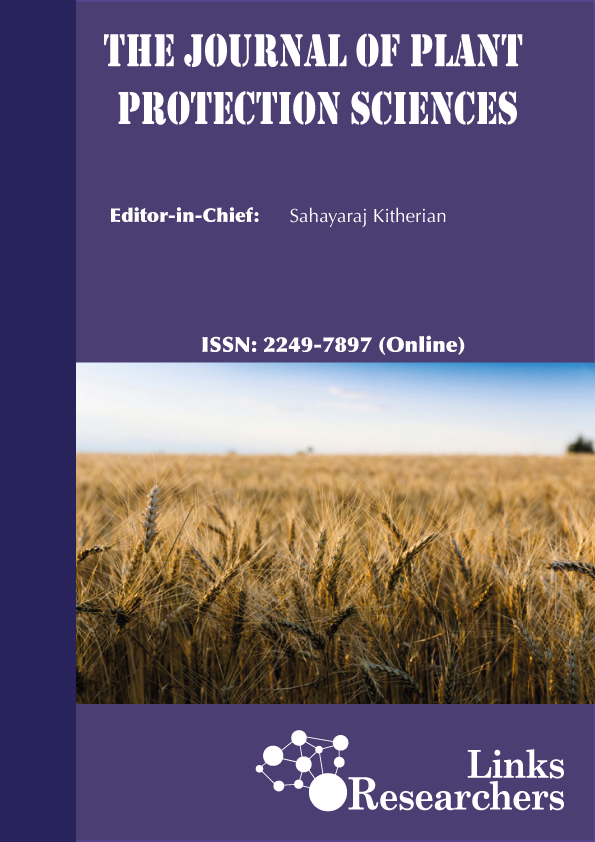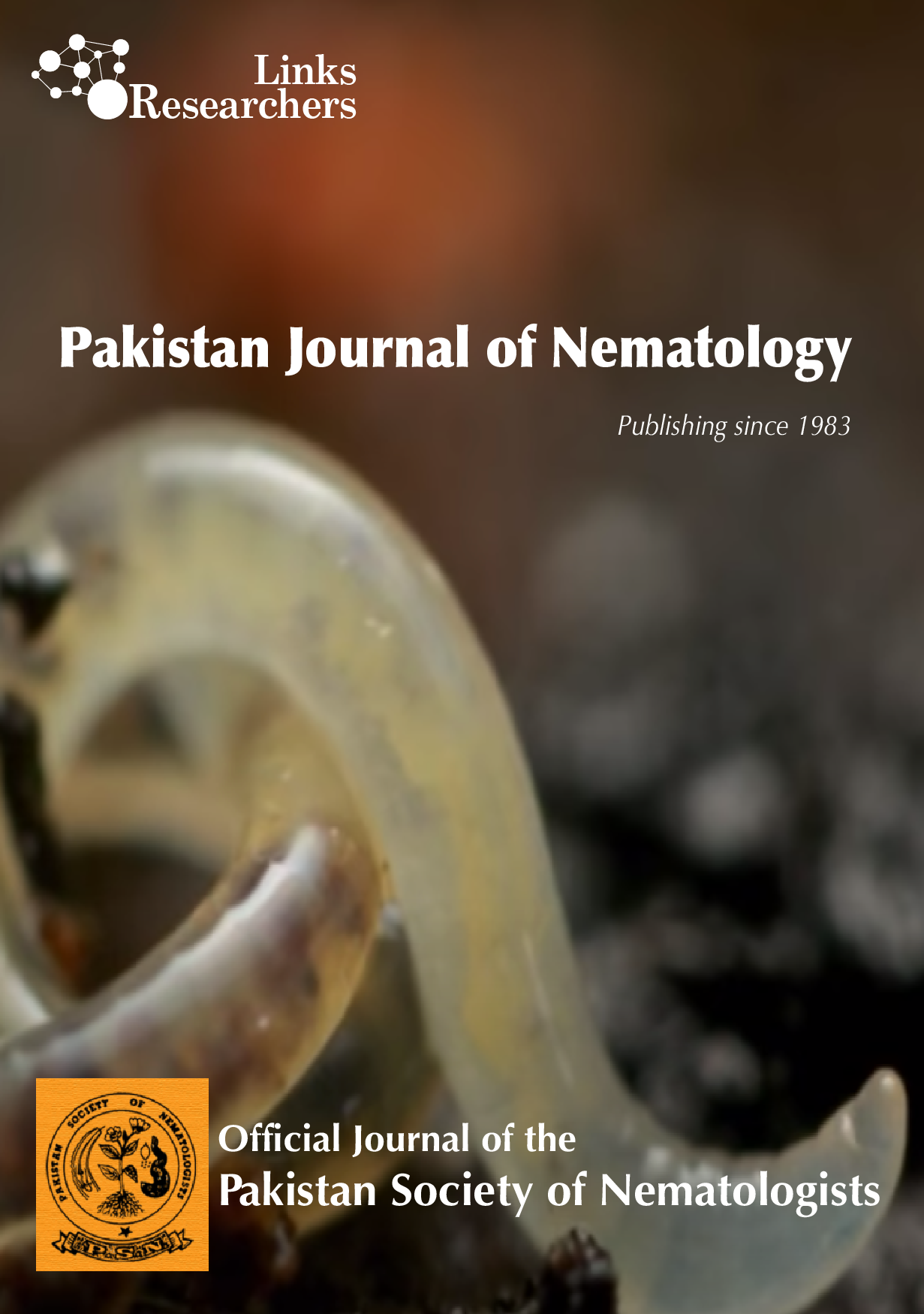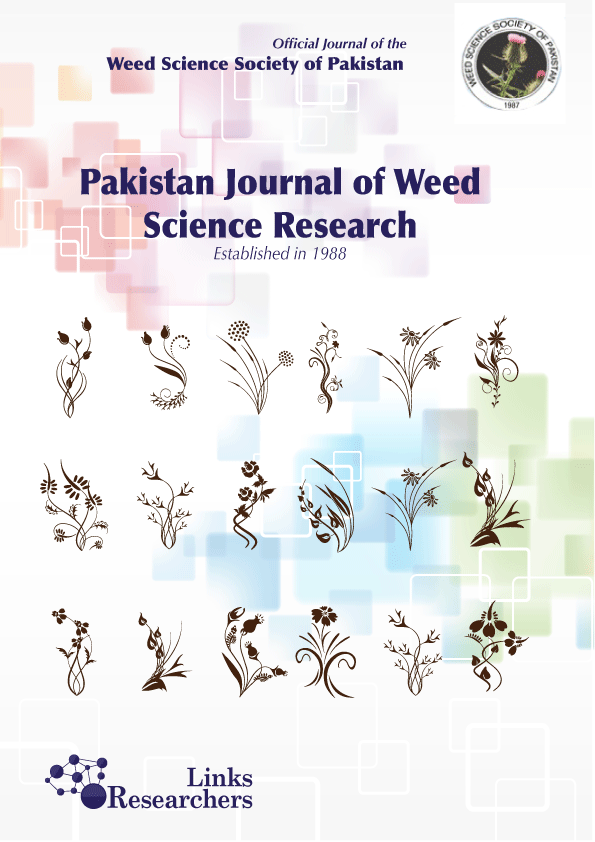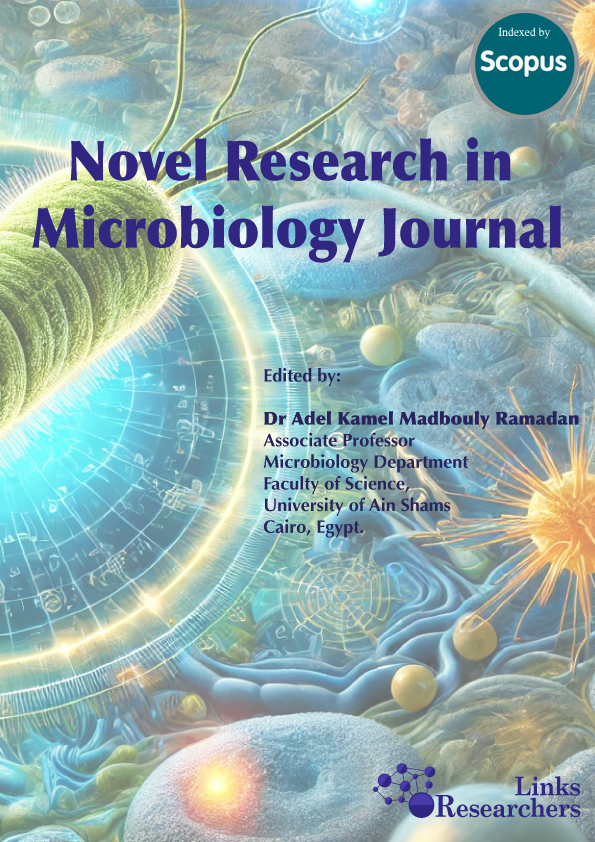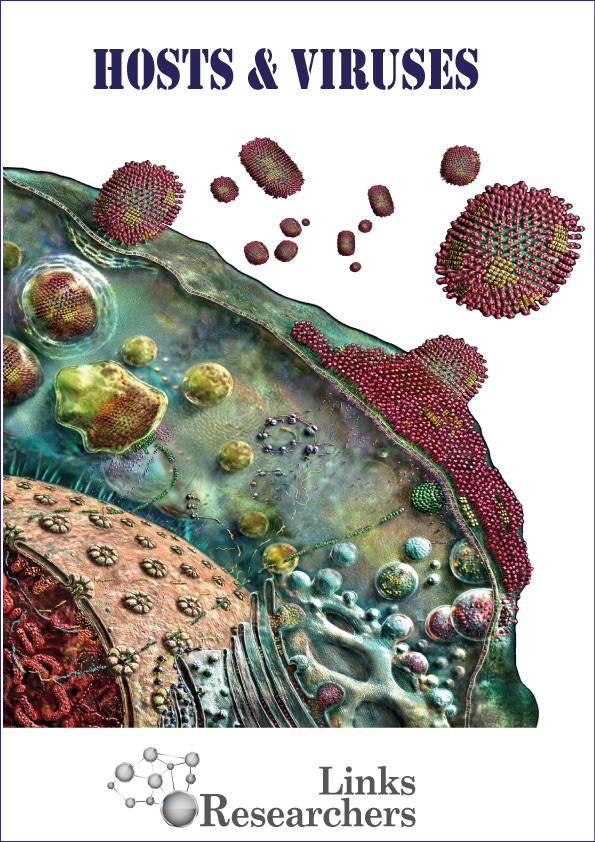A. K. Chaubey and Satyandra Kumar
Muhammad Zahid Kiani*, Arshad Ali**, Tariq Sultan** and Muhammad Munir Ahmed***
Tosif Tabassam*, Tariq Sultan**, M.Ehsan Akhtar**, M.Mahmood-ulHassan** and Arshad Ali**
Muhammad Zahid Kiani*, Tariq Sultan**, Arshad Ali**, Ghulam Qadir*** Imdad Ali Mahmood**, Tauseef Tabassam**, Muhammad Arshad Ullah** and Nasir Abbas*
Ali Zohaib1*, Saima Yousaf1,2, Shakeel Ahmad Anjum1, Tahira Tabassum1, Tasawer Abbas3, Wardah Muzaffar1 and Wasiq Ikram2
Saima Yousaf1,2, Ali Zohaib2*, Shakeel Ahmad Anjum2, Tahira Tabassum2, Tasawer Abbas3, Sohail Irshad4, Usman Javed5 and Naila Farooq6
Javed Asghar Tariq1*, Bashir Ahmed2, Manzoor Ali Abro2, Muhammad Ismail1, Muhammad Usman Asif1 and Raza Muhammad1
Muhammad Shafique, Nosheen Noor Elahi*, Muhammad Rashid, Amjad Farooq and Kausar Hussain Shah
Nosheen Noor Elahi1, Muhammad Shafique1, Muhammad Imtiaz2, Umer Farooq3* and Muhammad Rashid1
Muhammad Rasheed*, Tayyaba Naseer, Asma Hassan, Fayaz ul Hassan, Rifat Hayat, Ghulam Jilani, Samman Gul Vaseer and Muhammad Bilal Ali
Attique Ahmed1, Tariq Sultan1, Ghulam Qadir2, Obaid Afzal2*, Mukhtar Ahmed5, Shamim-Ul-Sibtain Shah3, Muhammad Asif4, Safdar Ali2 and Muhammad Zeeshan Mehmood2
Taqi Raza1*, Sergio de Los Santos Villalobos2, Muhammad Shehzad3, Shakeel Imran4 and Derly José Henriques da Silva5
Noor-us-Sabah1*, Mukkram Ali Tahir1, Ghulam Sarwar1, Muhammad Luqman2, Amir Aziz1, Muhammad Zeeshan Manzoor1 and Muhammad Aftab3
Shabana Ehsan1*, Aneela Riaz2, Muhammad Amjad Qureshi1, Abid Ali1, Ifra Saleem3, Muhammad Aftab3, Khalid Mehmood4, Fakhar Mujeeb1, Muhammad Asif Ali1, Hina Javed1, Fraza Ijaz1, Anwar-ul-Haq5, Khaliq-ur-Rehman3 and M. Usman Saleem4
A.W. Amin†, A.A. Anter, A.H. Ashoub* and A.S. El-Nuby*
Marwa M. El-Deriny1,2*, Rania H. Wahdan1, Marwa S. Fouad3 and Dina S.S. Ibrahim1,2*
Renny Fatmyah Utamy1, Ambo Ako1, Syahdar Baba2, Zulkharnaim1, Sri Gustina1, Laode Alhamd3, Indrawirawan2, Aulia Uswa Noor Khasanah1, Arif Rahman4,5, Siti Annisa Sukri5, Rara Mufliha5, Zyahrul Ramadan5 and Purnama Isti Khaerani6
Alaa Fathalla Mohammed
Gebeyehu Y. Mengstie1,2*; Zewdu T. Awlachew2; Atsede M. Degefa2
Mohammed Ajdig1,2; Bahia Rached2,3; Ahlam Mbarki1,2; Taha Chouati2,4; Chouhra Talbi1; Elmostafa El Fahime2,4; Marouane Melloul1,2*
Osama M. Ghanem1; Nehal Kamal2; Alaa F. Said3*
Burhan Khalid1, Muhammad Umer Javed2, Muhammad Atiq Ashraf3, Hafiza Zara Saeed4, Musrat Shaheen5, Talha Riaz6*, Rabiya Riaz7 and Shumaila Nawaz3
Featuring
-
Microbial Bio stimulants as Sustainable Strategies for Enhancing Plant Resistance to Viral Diseases: Mechanisms and Applications
Burhan Khalid, Muhammad Umer Javed, Muhammad Atiq Ashraf, Hafiza Zara Saeed, Musrat Shaheen, Talha Riaz, Rabiya Riaz and Shumaila Nawaz
Hosts and Viruses, Vol.12, Pages 93-110
-
In-Silico Identification of Potential NS2B-NS3 Protease Inhibitors against Zika Virus
Nusrat Jahan Lily, Kazi Abdus Sobur, Minhaz Zabin Saif Mim, Anika Thasin Bithi, Hamja Hasanat, Tabassum Mounita, Foysal Ahammad, Abdus Samad and Palash Bose
Hosts and Viruses, Vol.12, Pages 83-92
-
Hepatitis B Virus (HBV), Human Immunodeficiency Virus (HIV) and Tuberculosis (TB) Infection: Challenges and Global Health Strategies
Adeola D. Ayanyinka, Itunuoluwa Oyelayo, Adedayo Simeon Okediji, O. Opaleye, O. Ojurongbe and Olugbenga A Olowe
Hosts and Viruses, Vol.12, Pages 70-82
-
Prevalence of Hepatitis D Virus in Hepatitis B Positive Pregnant Women Attending Antenatal Clinic in Ogbomosho, Oyo State, Nigeria
Zainab Temitope Salami, Oladele Oluyinka Opaleye, Olusola Ojurongbe, Adekunle Olugbenga Olowe and Titilayo Adenike Olayinka
Hosts and Viruses, Vol.12, Pages 62-69
Subscribe Today
Receive free updates on new articles, opportunities and benefits

© 2025 ResearchersLinks. All rights Reserved. ResearchersLinks is a member of CrossRef, CrossMark, iThenticate.


